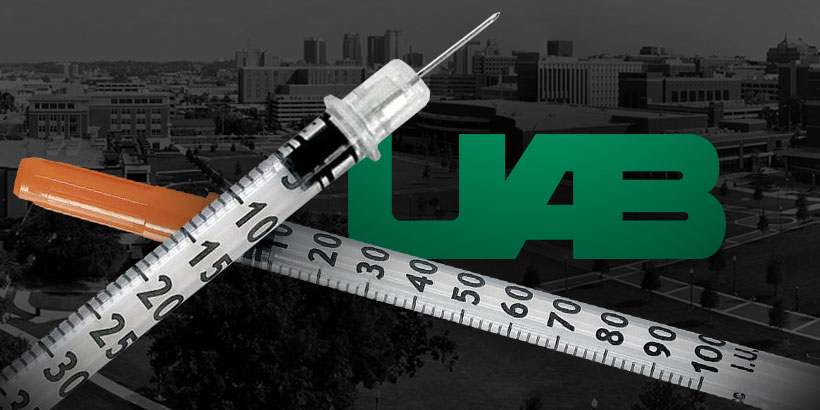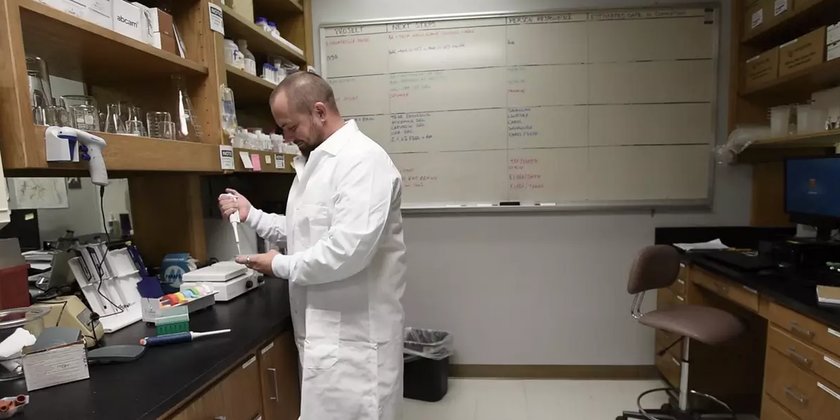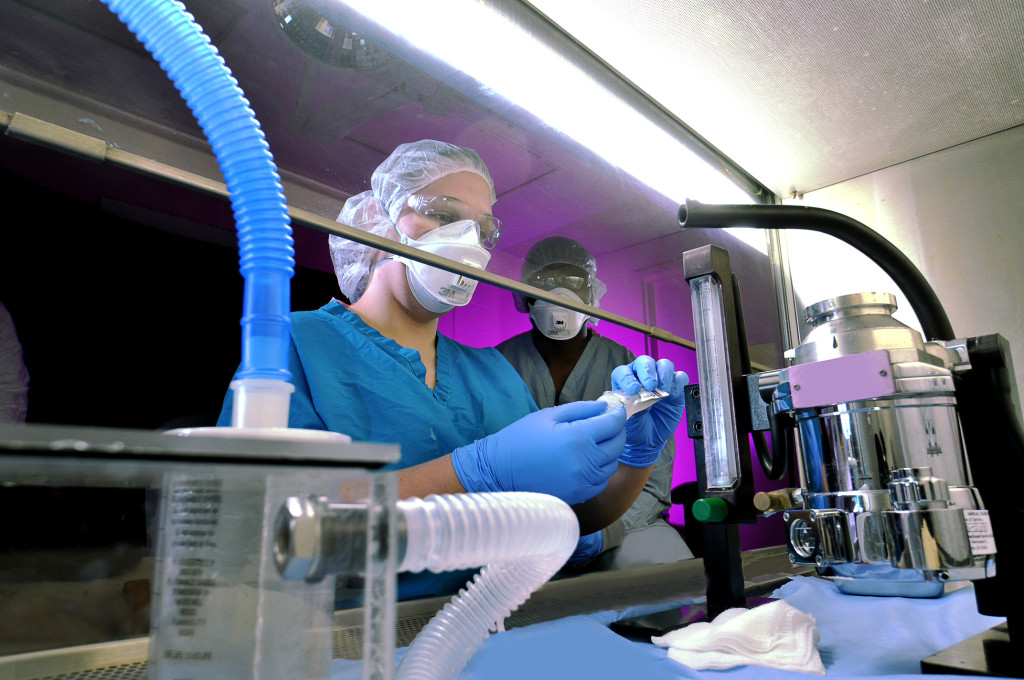
On Tuesday, The Medical Association of the State of Alabama and the American Medical Association (AMA) announced that they are teaming up to take on the state’s opioid epidemic with a new educational toolbox designed to counter recent negative trends. Along with the state of Rhode Island, Alabama will be the first to pilot the new program.
“To bring a halt to this devastating opioid epidemic, physicians must remain committed to leading this fight – to enhancing their education and to using all tools at their disposal to help treat patients with pain and opioid use disorders as well as ensuring comprehensive treatment with non-pharmacologic therapies when appropriate,” Patrice A. Harris, M.D., the chair of the AMA Board of Trustees and the chair of the AMA’s Task Force to Reduce Opioid Abuse, said.
The participating physicians and other health care professionals in the program will receive a toolbox – either physical or digital – containing vital information from the AMA and the State Association. The box will include helpful practice-specific recommendations for how to best help patients suffering from chronic or acute pain and opioid use disorders. Invaluable overdose prevention training will also be a part of the program.
But working with the AMA is not the first time that the State Association stepped up to solve the prescription drug problem. In 2013, the group helped pass legislation that was targeted at reducing drug abuse and diversion of prescriptions.
Additionally, in October of 2013, the state partnered with the Drug Enforcement Agency (DEA) to participate in National Prescription Drug Take-Back Day. The service is free, anonymous, and featured locations around the state. Like previous efforts, the DEA declared the day to be a success that could ultimately save lives.
RELATED: Alabama leaders seek to cut down on prescription drug abuse
The results of the new law and other efforts have been positive. Since 2013, Alabama has had the largest decrease of abuse in the southeast and the third-largest reduction in the country.
“Alabama’s physicians recognize we have a serious prescription drug problem in our state,” Medical Association President David Herrick, M.D. told Alabama News Network. “We have made great strides in providing better education on the dangers of prescription drug abuse to our fellow physicians and to our patients through our Smart & Safe drug abuse awareness campaign. But there is much more work to be done. Partnering with the American Medical Association will help us to bring even more awareness as we fight Alabama’s prescription drug abuse epidemic together.”












